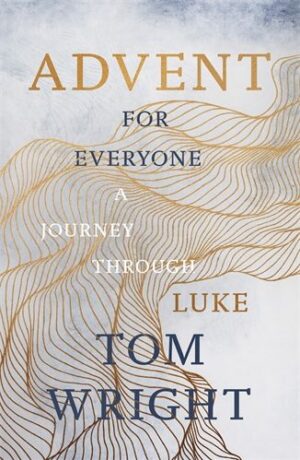



Keep Your Light Shining! Luke 11.29–36
The crowds kept increasing. Jesus began to say to them, ‘This generation is an evil generation! It looks for a sign, and no sign will be given to it except the sign of Jonah.
‘Jonah was a sign to the people of Nineveh; just so, the son of man will be a sign to this generation. 31The Queen of the South will rise up in the judgment with the men of this generation and will condemn them: she came from the ends of the earth to listen to Solomon’s wisdom, and look – something greater than Solomon is here. 32The men of Nineveh will rise up in the judgment with this generation and will condemn it: they repented at Jonah’s preaching, and look – something greater than Jonah is here.
‘Nobody lights a lamp in order to hide it or put it under a jug. They put it on a lampstand, so that people who come in can see the light.
‘Your eye is the lamp of your body. If your eye is focused, your whole body is full of light. But if it’s evil, your body is in darkness. 35Watch out, then, in case the light inside you turns to darkness. 36If your whole body is illuminated, with no part in darkness, everything will be illuminated, just as you are by a flash of lightning.’
The great church is completely dark. It is almost mid- night, and the little crowd outside the west door shuffles round and stamps to keep warm in the chilly April air. Then, as the clock strikes, the fire is lit, with a sudden glow on all the watching faces. A single candle is lit from the fire. The doors swing open, the light moves forward into the pitch-black church, and the Easter celebration begins. Soon the whole place will be full of flickering, glowing candlelight, the light of God’s power and love shining in the darkness of the world.
Not every church celebrates Easter this way, but those that do will have no difficulty making the connections that hold together the rather confusing collection of sayings in this passage. The context is still, of course, Jesus’ journey to Jerusalem, like a candle going forward into the darkness.
When the light comes, it scatters the darkness; but what if you were rather enjoying the darkness, able to get on unseen with whatever evil purposes you had? Light brings hope and new possibility, but it also brings judgment. Light symbolizes new life in the face of the darkness of death, but it also shows up that darkness for what it is. These sayings, then, though full of hope, are also filled with warnings of judgment. Jesus, on his way to Jerusalem, is constantly saying in one way or another that God’s light will shine out and expose the darkness that had taken hold of the hearts and minds of his contemporaries.
It all begins with a sign – the sign of Jonah. Jonah is an almost comic figure in the Old Testament: the prophet who runs away, the problem passenger thrown into the sea, the dinner the whale can’t stomach, and the hot- head who gets cross with God over a withered plant. In between, though, he told the people of Nineveh to repent, never thinking they would listen and obey. But he was wrong: they did – whether or not, as in Matthew’s version of the story, because they had heard about his escapade with the sea and the whale, or whether simply because of the power of the message.
Now here is Jesus, anything but a comic figure, telling his own people it’s time to repent, and they ignore him. Here is Jesus with a greater wisdom than even the legendary Solomon, and his own people don’t listen. There is a straight line from this point that leads to the moment when Jesus weeps over Jerusalem because, unlike Nineveh, it has ignored the warnings, refused the way of peace, and thereby sealed its own fate.
Luke’s reader, meanwhile, is left to ponder the way in which Jesus speaks of the foreigners, the Queen of the South and the people of Nineveh, who will ‘rise at the judgment’. The two words used to mean ‘rise’ are both regular early Christian words for the resurrection: Luke expects his readers to know about the coming resurrection of the dead, and of the great judgment that will then take place. The light of Easter is the light of judgment as well as hope.
When we read the sayings about light, then, they speak of more than a general wisdom or spiritual illumination. To begin with, Jesus warns that the light that has come into the midst of Israel is designed not to remain hidden but to shine all around. Then, changing the image, he gives another warning, more cryptic for us and easy to miss.
To begin with, it looks like a rather obvious saying about human life: ‘If the eye is in working order,’ Jesus seems to be saying, ‘you can see where you’re going; but if it isn’t, you can’t; so watch out in case your light (that is, your eye) becomes darkened.’ Now clearly Jesus isn’t giving advice about protecting our physical eyes; nor about the spiritual dangers of looking at the wrong things. Nor, I think, is he just speaking of the spiritual insight of individuals. The passage makes more sense, especially where Luke has placed it, as a warning to ‘this generation’, his contemporaries. They must watch out in case they fail to see the light that was standing there in their midst.
The final sentence is then an encouragement to embrace and live by the light while there’s time. A day is coming when everything will be lit up (compare 17.24), and on that day those who have allowed the light to illuminate them fully will shine brightly.